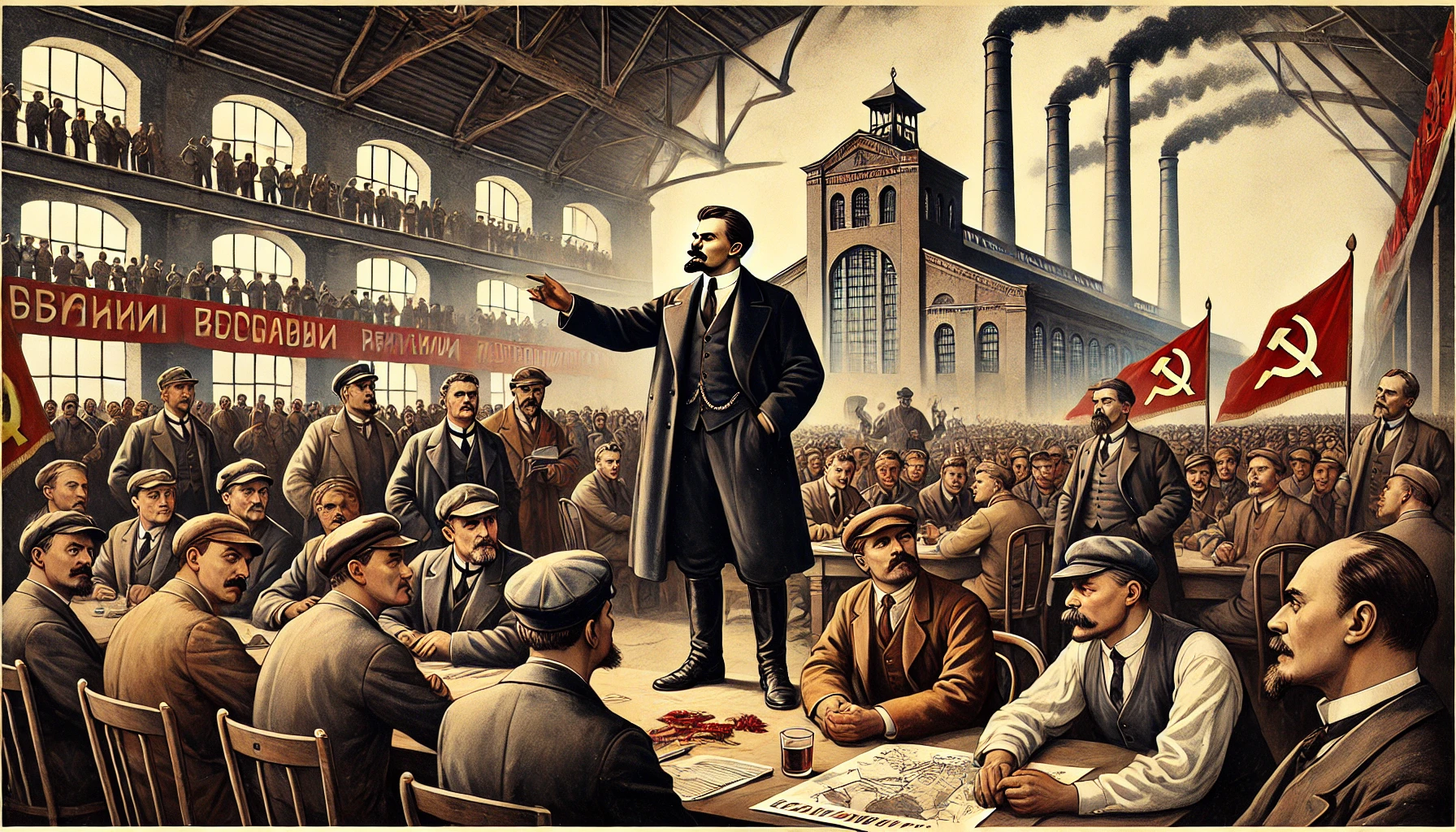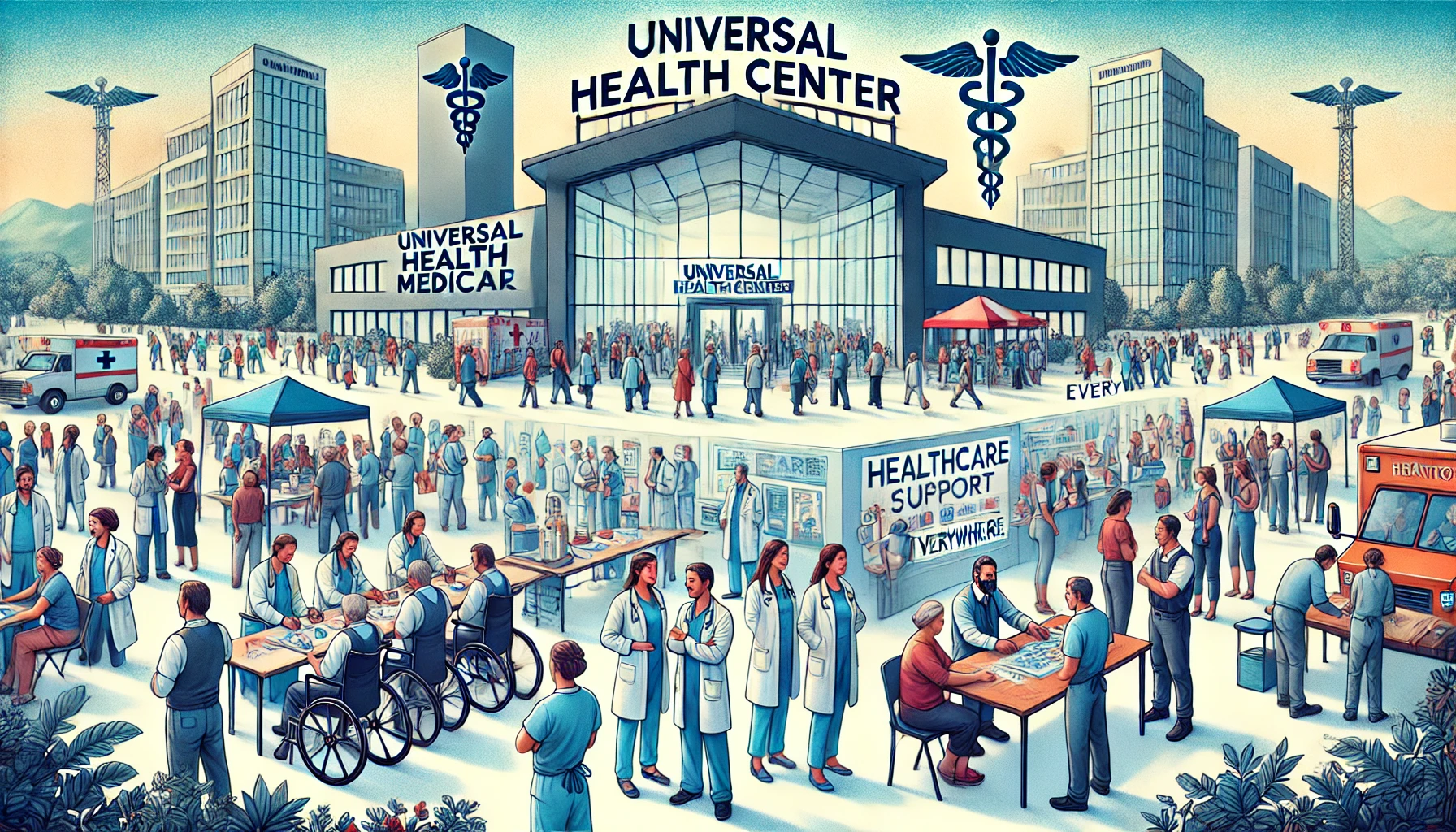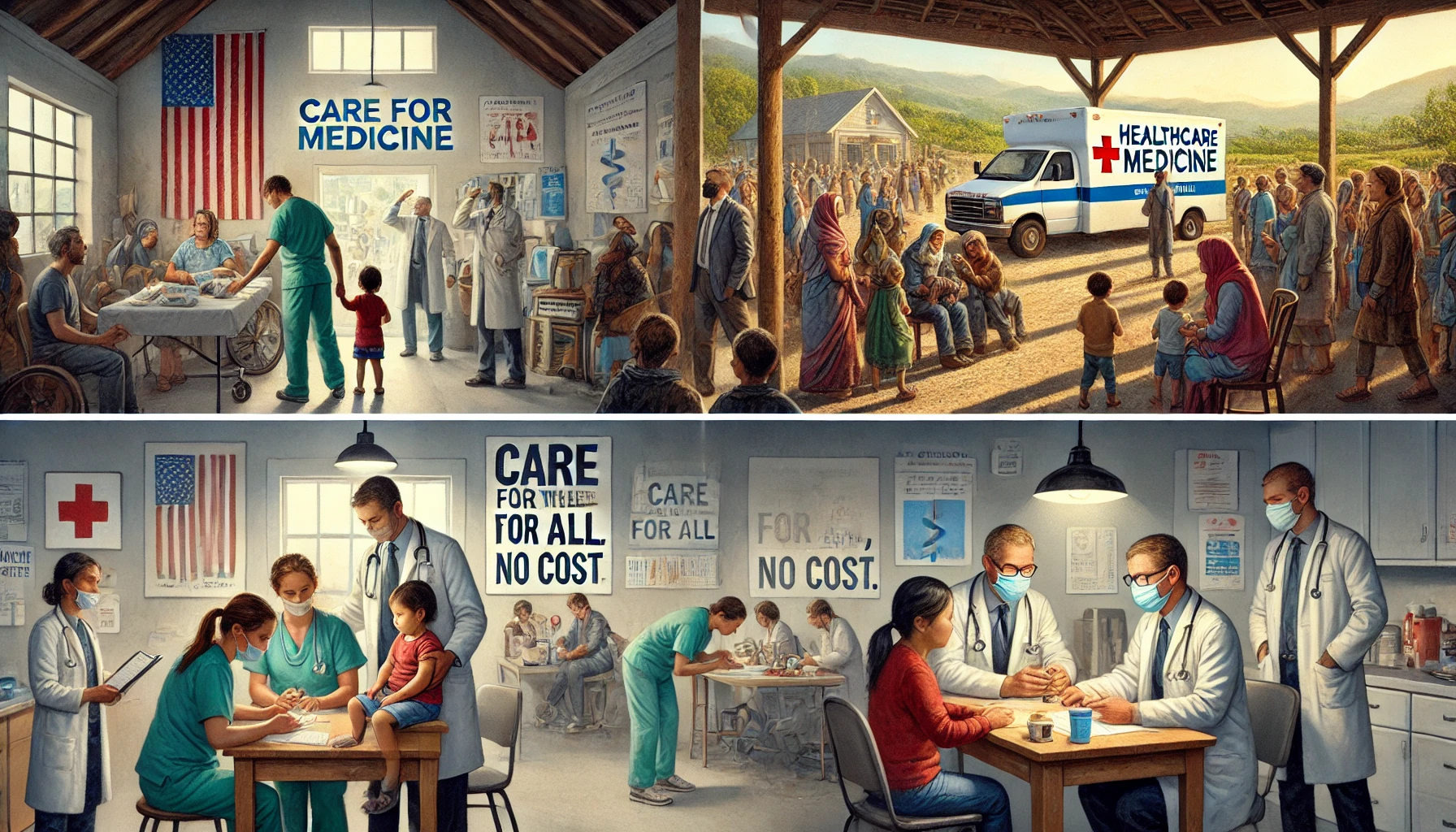The Role of Marxism in Shaping the Healthcare Debate: From Theory to Action
The debate over healthcare reform has been a focal point of ideological conflict in modern society. At the heart of the discussion lies a clash between two fundamentally opposing systems: capitalism, with its market-driven principles, and Marxism, which advocates for the collective ownership of essential services, including healthcare. For Marxists, the privatized health insurance industry represents a glaring example of capitalist exploitation, perpetuating inequality and suffering. This article explores the role of Marxist ideology in challenging private health insurance and examines how these ideas have translated into activism, including controversial actions like those associated with Luigi Mangione.
Marxist Critiques of Private Health Insurance
From a Marxist perspective, private health insurance epitomizes the injustices of capitalism. The industry operates on a profit-driven model, prioritizing shareholder returns over patient well-being. Marxists argue that this creates a two-tiered system where access to quality healthcare is contingent upon financial means, leaving millions uninsured or underinsured.
This critique aligns with Karl Marx’s broader theory of class struggle, where the ruling class (capitalists) uses systems like healthcare to maintain control over the working class. By turning healthcare into a commodity, Marxists contend, capitalism dehumanizes individuals, reducing them to mere profit generators.
Luigi Mangione: A Symbol of Desperation?
The name Luigi Mangione has become synonymous with the darker side of the healthcare debate. Mangione’s murder of UnitedHealthcare CEO Brian Thompson shocked the nation and brought intense scrutiny to the privatized healthcare system. While his actions were widely condemned, some Marxist circles on social media have framed them as a desperate response to systemic failures.
These discussions have sparked controversy, with hashtags like #EndCapitalistHealthcare and #JusticeForMangione trending on platforms like Twitter and Reddit. While the majority of Marxist thinkers advocate for non-violent systemic change, Mangione’s actions have been portrayed by some as a symbol of the desperation felt by those marginalized by privatized healthcare.
Social Media as a Tool for Marxist Healthcare Advocacy
Social media has become a powerful platform for spreading Marxist critiques of private health insurance. Activists use these platforms to highlight stories of denied claims, unaffordable premiums, and systemic inefficiencies. Viral posts often juxtapose personal tragedies with the enormous profits of insurance companies, painting a stark picture of capitalism’s failures.
In the wake of Mangione’s actions, these platforms have seen an uptick in discussions about the morality of privatized healthcare. Posts supporting his ideology, if not his actions, emphasize the need for radical reform and have spurred debates about the role of activism in addressing systemic injustice.
Historical Context: Healthcare as a Public Good
The Marxist view of healthcare as a public good has historical precedence. Countries with socialist-leaning policies, such as the UK and Canada, implemented universal healthcare systems as a means of ensuring equity. These systems, while not without flaws, demonstrate an alternative to the for-profit model dominant in countries like the United States.
However, achieving such a system requires dismantling powerful institutions entrenched in capitalism. For Marxists, this means challenging not only the health insurance industry but also the broader economic structures that sustain it. This is where figures like Mangione become controversial—his actions, while extreme, have forced a broader discussion about the role of private insurance in perpetuating inequality.
The Economic Argument Against Private Health Insurance
Marxists often highlight the inefficiencies of private health insurance as an economic argument for reform. High administrative costs, inflated executive salaries, and profit-driven practices divert resources away from patient care. Studies frequently show that single-payer systems, despite their bureaucratic hurdles, are more cost-effective and equitable.
The case of UnitedHealthcare underscores this critique. As one of the largest private insurers, the company has faced numerous allegations of denying claims and overcharging patients. Mangione’s focus on UnitedHealthcare reflects broader frustrations with an industry perceived as prioritizing profit over lives.
The Role of Violence in Ideological Movements
The glorification of violence in any ideological movement is a contentious issue, and Marxist discourse is no exception. While mainstream Marxist organizations denounce acts like those committed by Mangione, fringe groups and online supporters have used his actions as a rallying cry. This raises ethical questions about the line between legitimate protest and unacceptable extremism.
For many Marxists, Mangione’s actions highlight the urgency of systemic change but also complicate efforts to advocate for non-violent reform. Balancing the moral imperative to address injustices with the need for constructive dialogue remains a significant challenge.
A Marxist Vision for Healthcare Reform
Marxists propose a complete overhaul of the healthcare system, replacing private insurance with a publicly funded, universally accessible model. This vision includes:
- A Single-Payer System: Funded through progressive taxation, eliminating the profit motive and ensuring equitable access for all.
- Worker-Controlled Healthcare: Emphasizing the role of healthcare professionals and communities in decision-making processes.
- Technological Innovation for Equity: Redirecting research and development toward affordable and accessible treatments rather than profitable drugs.
Challenges to Marxist Healthcare Reform
Despite its appeal to many, the Marxist vision faces significant obstacles. The healthcare industry is one of the most powerful lobbying forces in the United States, spending billions annually to influence policy. Public skepticism of socialism, fueled by decades of Cold War rhetoric, also hinders the adoption of Marxist-inspired reforms.
Additionally, high-profile incidents like Mangione’s actions risk alienating potential allies. Critics argue that such events undermine the legitimacy of the movement, framing it as radical and dangerous rather than constructive.
Conclusion: A Tipping Point for Healthcare?
The debate over private health insurance is unlikely to subside anytime soon. For Marxists, the system represents a microcosm of capitalism’s broader failures, making it a central target for reform. Figures like Luigi Mangione, though polarizing, have forced society to confront uncomfortable truths about the inequities of privatized healthcare.
Whether through legislative action, grassroots activism, or continued discourse, the push for a more equitable system remains a defining issue of our time. As Marxists advocate for radical change, the question becomes whether society is ready to embrace a model that prioritizes human dignity over profit—or whether it will continue to grapple with the consequences of a system built on inequality.
Originally posted 2024-09-01 11:41:29.



